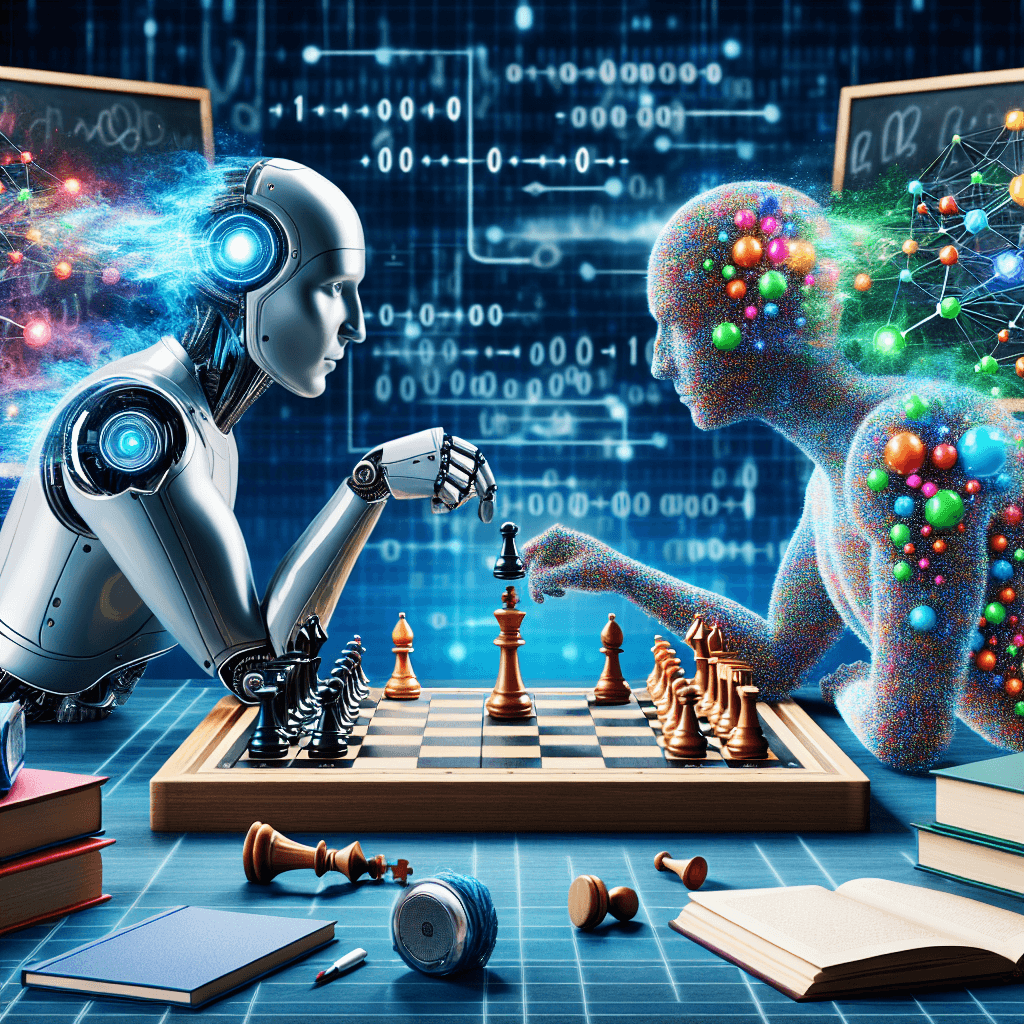AI vs. Machine Learning: A Beginner's Guide to Understanding the Difference
AI vs. Machine Learning: A Beginner's Guide to Understanding the Difference
In today's tech-driven world, terms like Artificial Intelligence (AI) and Machine Learning (ML) are often tossed around, leaving many feeling lost in a sea of complex jargon. While often used interchangeably, AI and ML are distinct concepts with unique characteristics. This beginner's guide will demystify these terms, highlighting their differences, applications, and potential impact on various industries.
Understanding the Basics
Think of Artificial Intelligence as the overarching concept – a vision of machines capable of performing tasks that typically require human intelligence. This can include understanding language, recognizing patterns, making decisions, and even exhibiting a degree of creativity.
Machine Learning, on the other hand, is a subset of AI. It's the engine that drives many AI applications. Instead of being explicitly programmed for every possible scenario, ML algorithms learn from data. They identify patterns, make predictions, and improve their performance over time through continuous learning.
Key Differences: A Closer Look
- Scope: AI encompasses a broader range, aiming to create systems that can mimic human intelligence across various tasks. ML focuses on developing algorithms that allow machines to learn from data and make predictions.
- Goal: The ultimate goal of AI is to create machines capable of independent thinking and problem-solving. ML aims to enable machines to learn from data and improve their performance on a specific task without explicit programming.
- Approach: AI utilizes a variety of techniques, including rule-based systems, expert systems, and machine learning. ML primarily relies on algorithms that learn from data and identify patterns.
Real-World Applications
Both AI and ML are transforming numerous industries:
AI:
- Virtual Assistants: Siri and Alexa use natural language processing, an AI branch, to understand and respond to your requests.
- Customer Service: AI-powered chatbots are becoming increasingly sophisticated, handling customer queries and resolving issues with minimal human intervention.
- Healthcare: AI algorithms analyze medical images, aiding in diagnosis and personalized treatment plans.
ML:
- Recommendation Engines: Streaming services like Netflix use ML to analyze your viewing history and recommend content you might enjoy.
- Fraud Detection: Banks employ ML algorithms to detect suspicious transactions and prevent fraudulent activities.
- Self-Driving Cars: ML plays a crucial role in autonomous vehicles, enabling them to navigate roads, identify obstacles, and make decisions in real-time.
The Future of Learning and Beyond
The convergence of AI and ML is poised to revolutionize numerous aspects of our lives, particularly in education. Imagine personalized learning paths tailored to individual student needs, AI-powered tutors providing instant feedback, and secure blockchain-verified certifications ensuring credibility. These innovations hold the potential to democratize access to quality education and empower individuals with the skills needed to thrive in an ever-evolving job market.
Unleashing the Power of Knowledge with 01TEK
Ready to delve deeper into the fascinating world of AI and ML? Explore a curated selection of courses and resources on 01TEK, your gateway to cutting-edge knowledge and skills. Our platform offers dynamic learning experiences, empowering you to navigate the evolving technological landscape with confidence.
Join 01TEK today and embark on a transformative learning journey!
Even if you don’t have the perfect idea to begin with, you can likely adapt.
Victoria Ransom, co-founder of Wildfire Interactive



